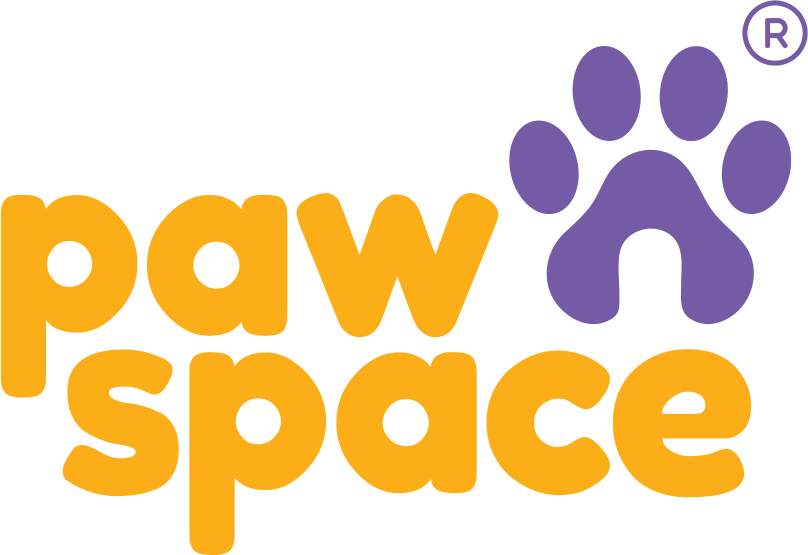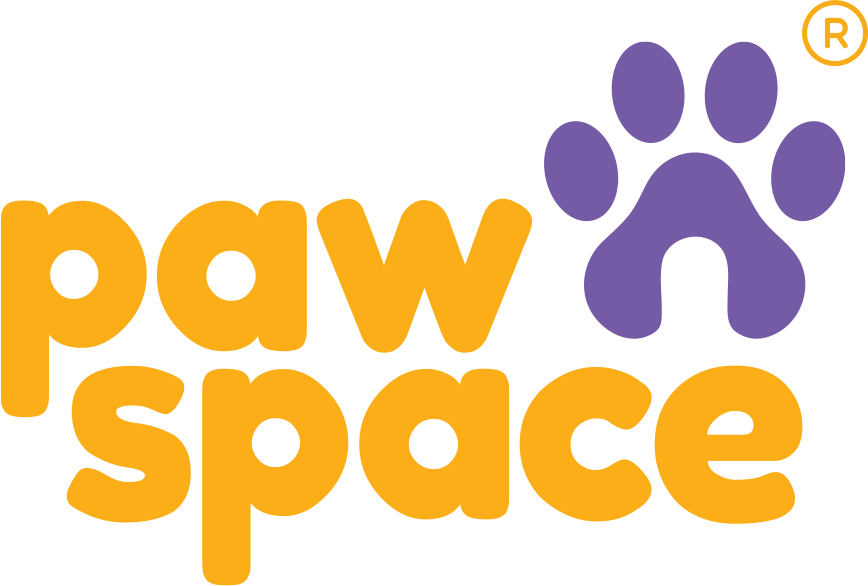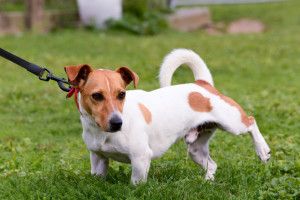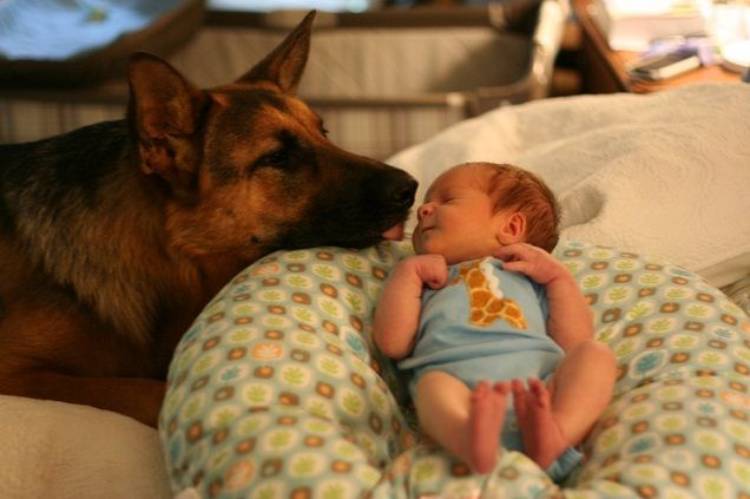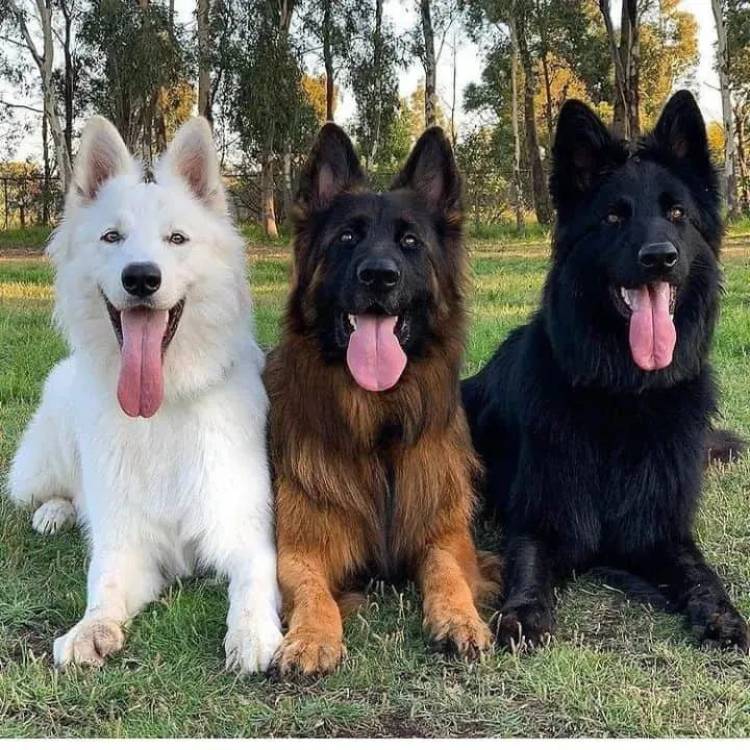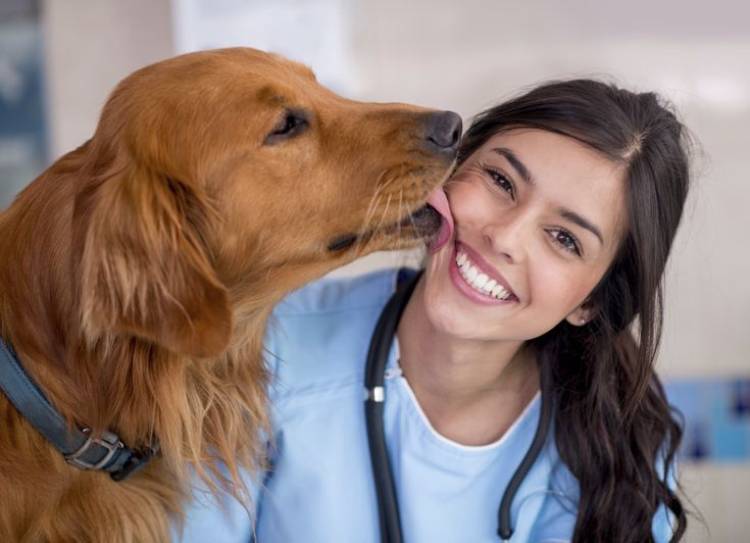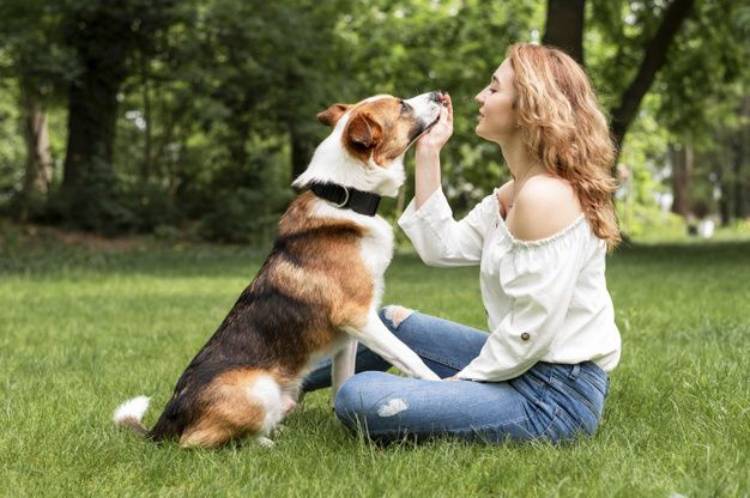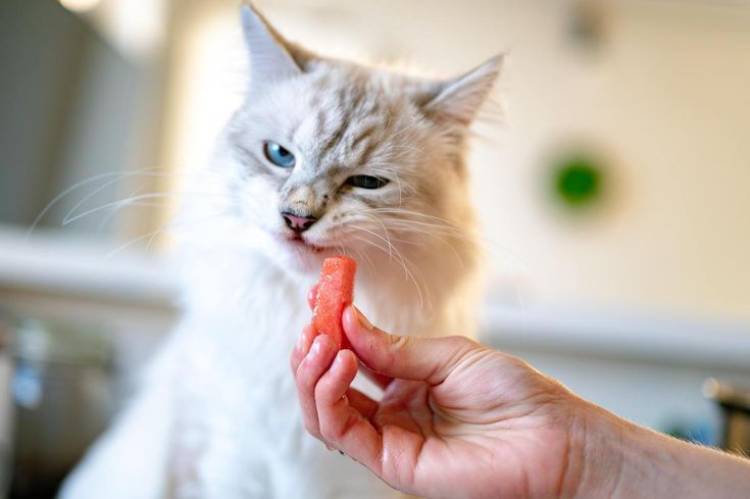One of the most essential and primary skills you teach a new dog, especially a pup, is potty training. Most professional trainers recommend that it be started as early as between 12-16 weeks. There are two ways of doing this – one may train them to relieve themselves at home, in a pee pad when required or outdoors. In this blog, we take you through a comprehensive guide on how to train puppy to pee outside your home.
How to Train Puppy to Pee Outside
Step 1 – Teaching your puppy the potty cue
You may think that puppies can’t tell you when “it’s time”; the truth is they actually can if you teach them the potty cue. Potty cues are signals that your pet is trained to show when they need to leave outdoors to do their business. Here is how you can teach them –
Let your puppy sit by the door and when they bark, open the door and let them out. Doing so multiple types will make the dog associate the “opening to door” with a much-needed bathroom break!
How to change the potty cue?
Let’s say you taught your dog a potty cue such as bark. But now, they can’t seem to stop barking. What do you do?? You’ve got to teach them a new cue, such as sitting on the rug. Place a carpet beside the door and train your puppy to associate “sitting on the rug” with “door opening”.
Step 2 – Fixing on a potty area
To have a strong puppy training plan in place, a potty area must be fixed. When taking your puppy leash walking, take them to where you want them to relieve themselves. Remember that this may take time the first few times; however, remember not to continue walking – wait for them to pee. Needless to say, every successful trial must be succeeded by lots of treats and praises!
How long does it take to potty train your puppy?
There is no defined time within which you can successfully potty train your puppy. However, on average, it takes 4-8 weeks. The easiest way to potty train your dog is by taking into account consistency – for them to associate stimuli and rewards – so they continue to show positive behaviour.
Some Do’s and Don’ts of potty training
Do – Make use of the same keyword at all times
Although you shouldn’t talk much while potty, you can say “potty” in an excited tone as they finish their business. This will eventually drive them to get into action, so they get rewarded through praises and yummy treats!
Don’t – Talk much
Your puppy must be focused when in potty training. So, apart from the keywords you use, try not to distract them too much, especially when young dogs’ have a relatively low attention span.
Do- Stick to the time
At most, give your dog 15 minutes to do their business. If the plan fails, go back home and try another time. This is highly crucial as waiting in the outdoors for too long might seem like “enjoying time” for your dog rather than “peeing time”. They should be made to understand that the outsides are meant for bathroom breaks and that they are very important!
Don’t – Stop training as soon as your puppy learns the trick
You may be tempted to let your dog loose as soon as they know how to potty train. However, it can even take several months for the behaviour association to be ingrained in their minds. So, it is vital to continue the training for the coming months (until there are no accidents) to have a fully potty trained dog.
Potty training your puppy can be hard – but not when you have a personal, at home dog trainer. PawSpace offers dedicated and experienced trainers who provide various types of to your pets one of them being potty training. We have some interesting packages, customised for your pet, make sure to check them out on our website.
